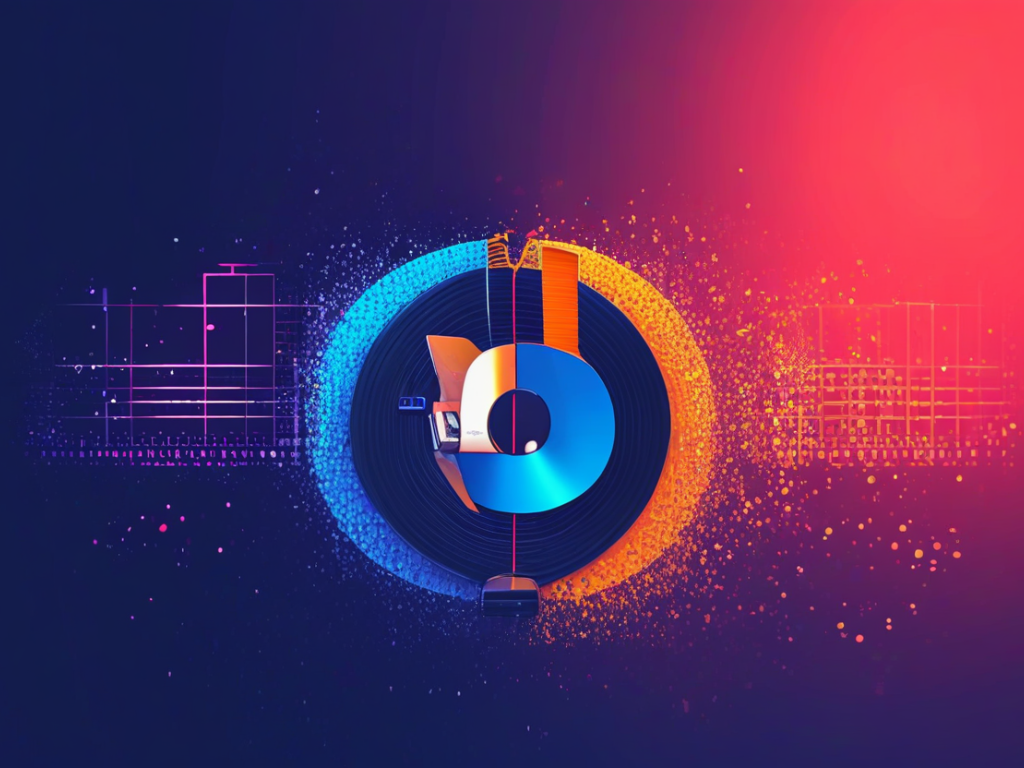As audio enthusiasts, understanding the different audio formats available is crucial to optimizing our listening experience. Among the myriad of audio formats out there, three popular ones stand out: MP3, AAC, and OGG. Each format has its own set of strengths and weaknesses, impacting factors such as sound quality, file size, and compatibility. Let’s delve into the details of these formats to unravel their differences and help you make informed decisions when it comes to your music player choices.
In this article you will find:
- MP3: The Timeless Classic
- AAC: The High-Quality Alternative
- OGG: The Open-Source Contender
- Choosing the Right Format for You
MP3: The Timeless Classic
MP3, short for MPEG-1 Audio Layer 3, revolutionized the way we consume music. Its widespread adoption in the late 1990s propelled the digital music era. MP3 uses lossy compression, where some sound data is eliminated to reduce file size. This compression results in smaller file sizes compared to other formats, making MP3s easy to store and share. However, this compression comes at a cost – a slight loss in audio quality. Despite this, MP3 remains a staple due to its compatibility with most devices and platforms.
AAC: The High-Quality Alternative
Advanced Audio Coding (AAC) is known for its superior sound quality compared to MP3. Developed as the successor to MP3, AAC uses more advanced compression algorithms, resulting in smaller file sizes without significant loss of audio fidelity. AAC is the format of choice for platforms like iTunes and YouTube, enhancing the listening experience with its improved clarity and detail. While AAC files may be slightly larger than MP3s, the trade-off is well worth it for those seeking a higher quality audio experience.

OGG: The Open-Source Contender
OGG Vorbis, often referred to simply as OGG, is an open-source audio format that competes with MP3 and AAC. OGG utilizes a variable bitrate encoding scheme, adjusting the compression level based on the complexity of the audio. This results in better sound quality at lower bitrates compared to MP3. OGG is favored by audiophiles for its transparency in audio reproduction and efficient compression. Despite its benefits, OGG faces challenges in widespread support across devices and platforms, limiting its popularity.
Choosing the Right Format for You
When deciding between MP3, AAC, and OGG, consider your priorities. If file size and compatibility are paramount, MP3 is a safe bet. For audiophiles seeking the best audio quality, AAC or OGG may be preferable. Remember that sound quality is subjective, so it’s essential to listen to sample tracks in each format to determine your preferred listening experience. Keep in mind the devices you use regularly and their compatibility with your chosen format.
Ultimately, the choice of audio format boils down to your personal preferences and listening habits. Experiment with different formats to find the one that resonates with you the most. Whether you prioritize convenience, sound quality, or open-source principles, there’s an audio format that meets your needs. Embrace the diversity of audio formats available, and let your ears guide you towards the perfect listening experience.

